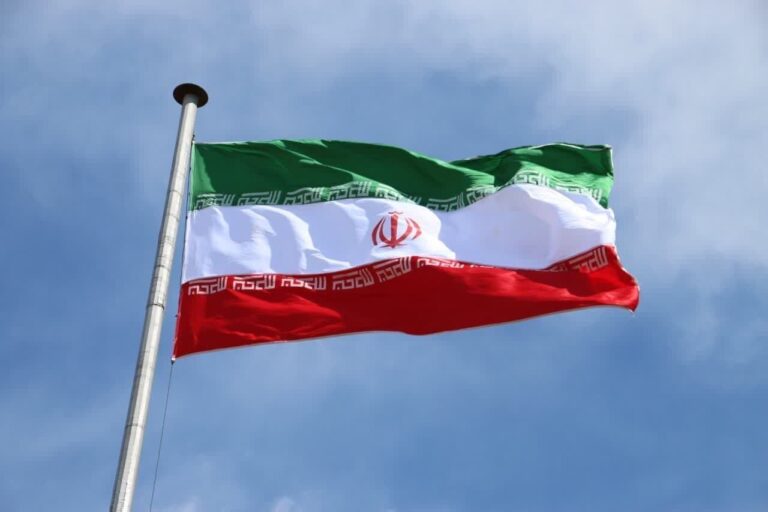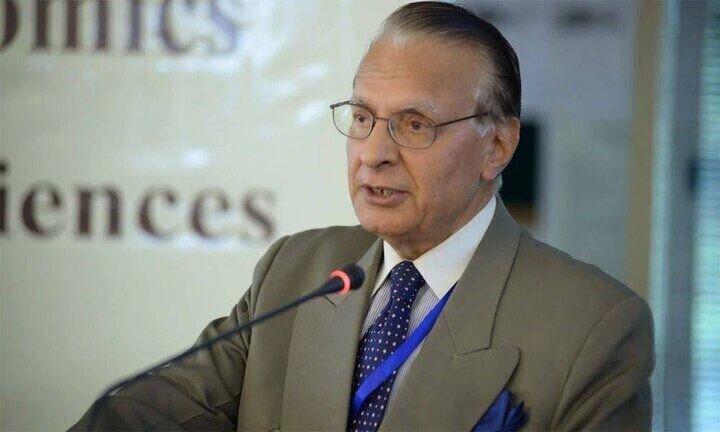
Similar Posts
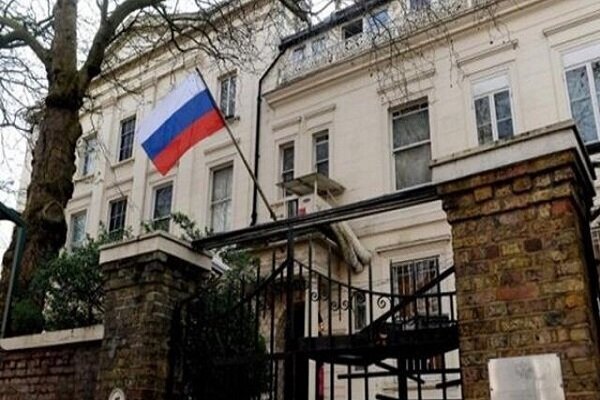
Zarif’s Bold Statements Ignite Debate: Russian Embassy Responds to Unfolding Realities
Iran’s foreign relations are primarily guided by the principles of “national interests and security,” emphasizing independence and a balanced policy. Its strategic position in the “Heartland” attracts major powers like the U.S., Britain, and Russia, leading to complex dynamics marked by both cooperation and competition. Recent comments from former Iranian Foreign Minister Mohammad Javad Zarif have sparked tensions, particularly with Russia, highlighting sensitivities in diplomatic relations. Despite historical challenges, Iran and Russia now enjoy closer cooperation, underscored by a strategic agreement. It is crucial for Russia to respect Iran’s sovereignty to maintain trust and foster positive bilateral relations.
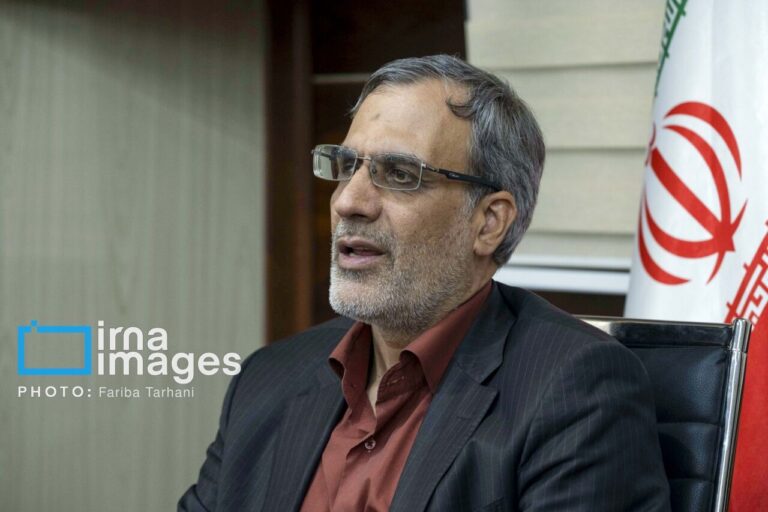
IRNA CEO Heads to Doha for Key Iran-Arab World Dialogue Summit
Hossein Jaberi-Ansari, CEO of the Islamic Republic News Agency (IRNA), is visiting Doha for the 4th round of the Iran-Arab World Dialogue summit. During his three-day trip, he plans to strengthen media ties between Iran and Qatar through media tours of outlets like Al Jazeera, official meetings with Qatari media officials, and signing a memorandum of understanding with the Qatar News Agency. The summit will feature speeches by Kamal Kharrazi from Iran’s Strategic Council and Qatari Minister of State Mohammed bin Abdulaziz Al-Khulaifi, focusing on enhancing dialogue and cooperation in media and diplomatic relations.
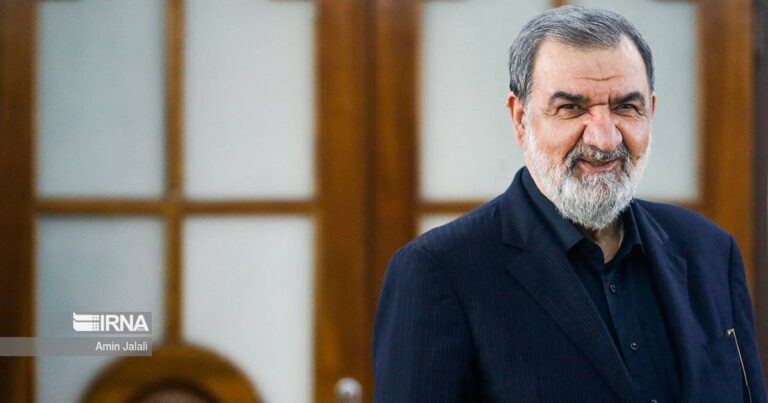
Iranian Official Anticipates Resurgence of Syrian Resistance Forces
Iranian official Mohsen Rezaei forecasts a revival of Syrian resistance within a year, driven by opposition to foreign occupation, external aggression, and internal authoritarianism. He emphasizes the resilience of Syrian youth and their refusal to remain silent against these issues. Rezaei’s comments come amid rising tensions between Iran and Syria’s new leadership, which seeks to assert authority without external interference. The evolving geopolitical landscape may lead to increased civil unrest and further destabilization in Syria, impacting regional stability. The next year will be pivotal in shaping Syria’s struggle for autonomy and self-determination.
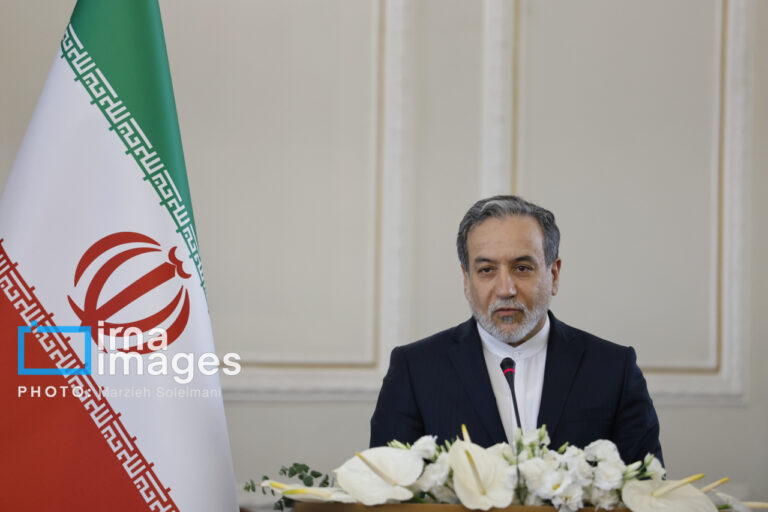
Iran Enhances Security for Nuclear Facilities: Araqchi Updates U.N. and I.A.E.A. on New Safeguards
Iran’s Foreign Minister Seyyed Abbas Araqchi has informed the United Nations and the International Atomic Energy Agency (I.A.E.A.) about the country’s plans to enhance security measures for its nuclear facilities amid escalating tensions. In a letter to U.N. officials, he warned that any Israeli attack on Iran’s nuclear sites would provoke a strong response. Araqchi reiterated that Iran’s nuclear program is peaceful, as confirmed by I.A.E.A. reports, and highlighted the dangers of threats to nuclear facilities. He called on the international community to pressure Israel to dismantle its nuclear arsenal and promote disarmament efforts.
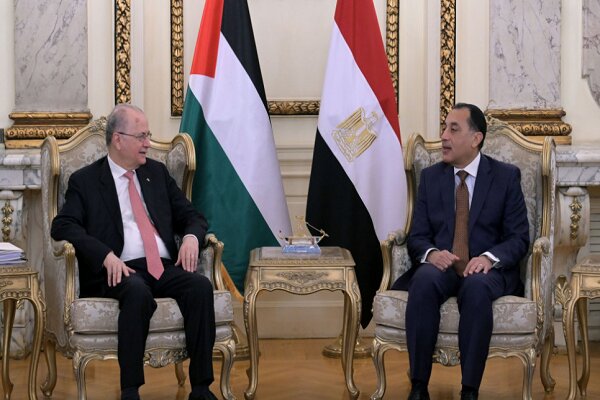
Egypt Stands Strong: Unwavering Support for Palestinian Cause as Emergency Arab Summit Approaches
In a pivotal meeting in Cairo, Egyptian Prime Minister Mostafa Madbouly and Palestinian Prime Minister Mohammad Mustafa discussed a reconstruction plan for Gaza, set to be presented at the emergency Arab Summit on March 4. Madbouly reaffirmed Egypt’s commitment to Palestinian rights, including self-determination, while highlighting a detailed plan focused on rebuilding housing and infrastructure without displacing Gaza’s citizens. Mustafa expressed gratitude for Egypt’s support and emphasized the urgent need to end Israeli occupation. The discussions aim to unify Arab support for Palestine, especially in light of controversial proposals from former President Trump regarding Palestinian displacement.
